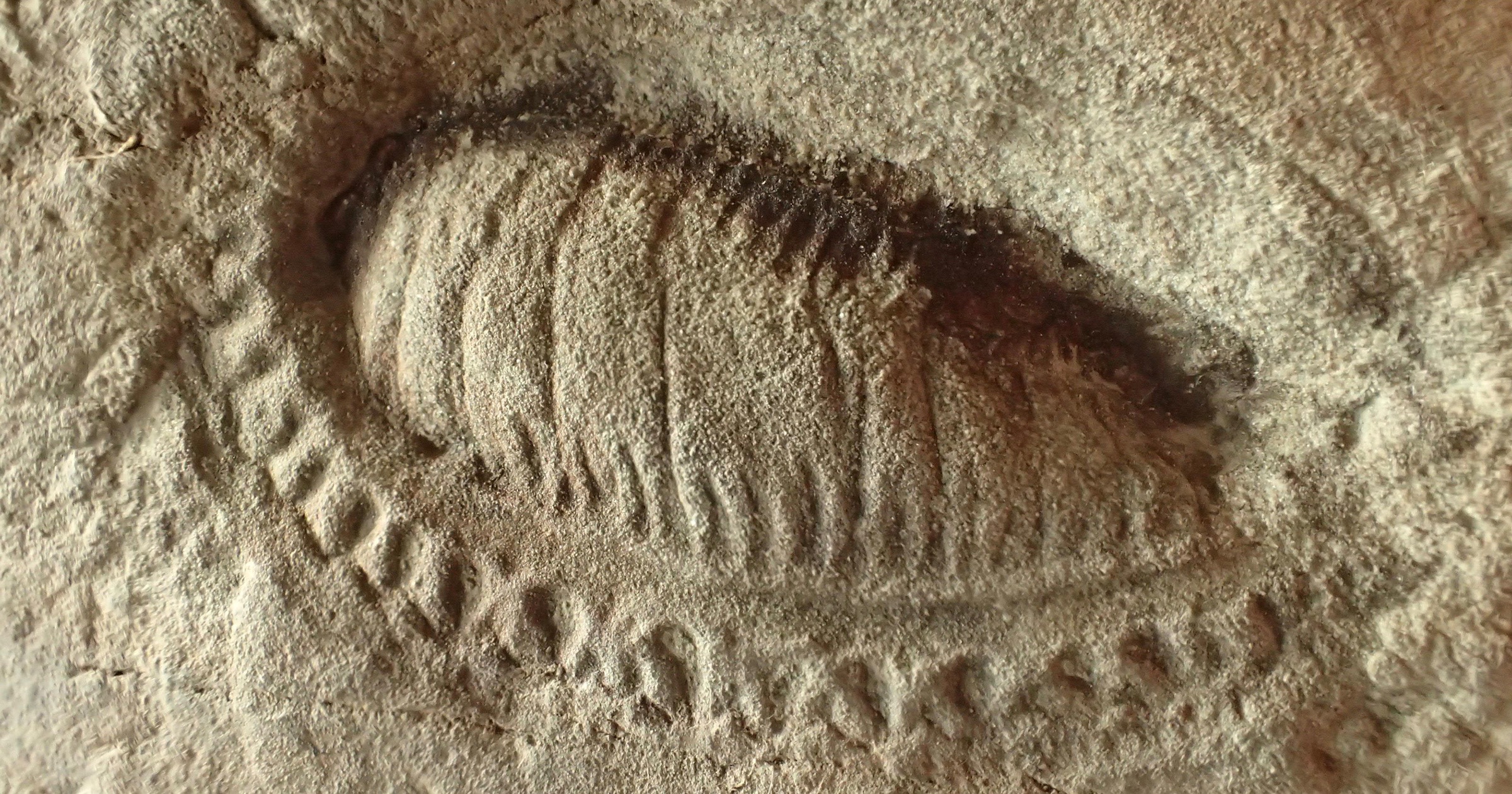 Evolution
Evolution
 Intelligent Design
Intelligent Design
Lukas Ruegger on the “Ediacaran Explosion”— No Solution to the Cambrian Puzzle

Lukas Ruegger is the personable new intelligent design “explainer” whose videos take an approach similar to Khan Academy’s. The latter’s offering on evolution is replete with junk science, as Casey Luskin has detailed. Ruegger’s treatment of the subject is much better, and I appreciate his clarity and brevity. In the first entry in his Basics of Intelligent Design Biology series, he introduced problems with reconciling Darwinian gradualism with the fossil record, especially the Cambrian explosion which is FAR from gradual. Now he shows why attempts to smooth over the contradictions have only made them worse. Watch Episode 2 of the series here, “Still NO Fossils?”
The Ediacaran fauna, as an example, make poor candidates for the missing ancestors to the Cambrian animals. The most iconic of those Ediacaran organisms don’t appear to be animals at all. Granting the evolutionists’ argument that they ARE ancestors, that would provide evidence of at most 4 phyla of the 20 that appear abruptly in the Cambrian explosion. As Ruegger points out, again giving the most generous concessions to Darwinism, that still leaves 16 out of 20 Cambrian phyla — or 80 percent — totally unaccounted for and still representing a flash of apparent creativity ex nihilo, violently at odds with Darwinian expectations.
What’s more, the abrupt appearance of the Ediacaran “ancestors,” if that’s what they were, itself is an explosion of creativity: the jump from single-celled to multicellular life, what Ruegger calls the “Ediacaran explosion.” He quotes paleontologist Simon Conway Morris: “When comparing the Ediacaran fauna not to the Cambrian fauna which it precedes, but to the single-celled organisms which it succeeds, the Ediacaran fauna actually represents what has been called ‘a quantum leap in organismal and ecological complexity.’” The solution to the Cambrian puzzle, in other words, is arguably more distressing for Darwinism than the puzzle itself.
